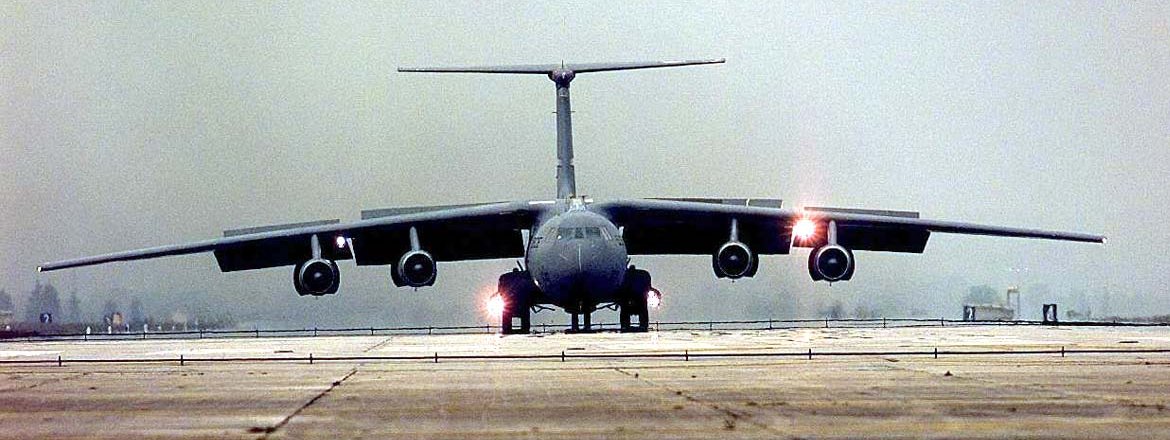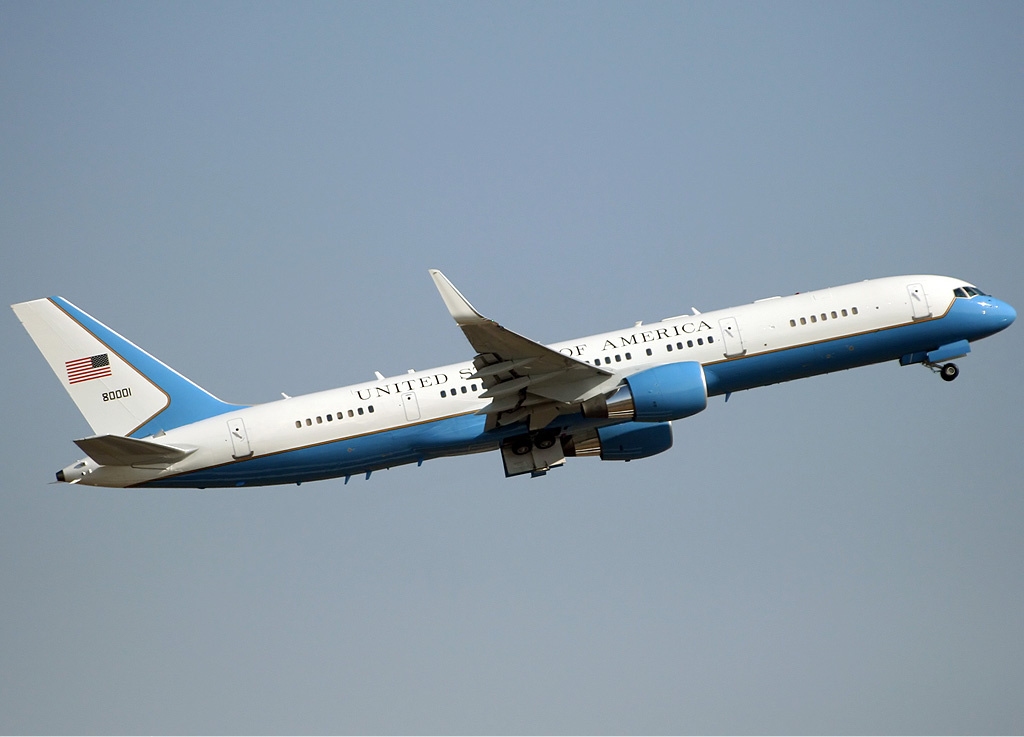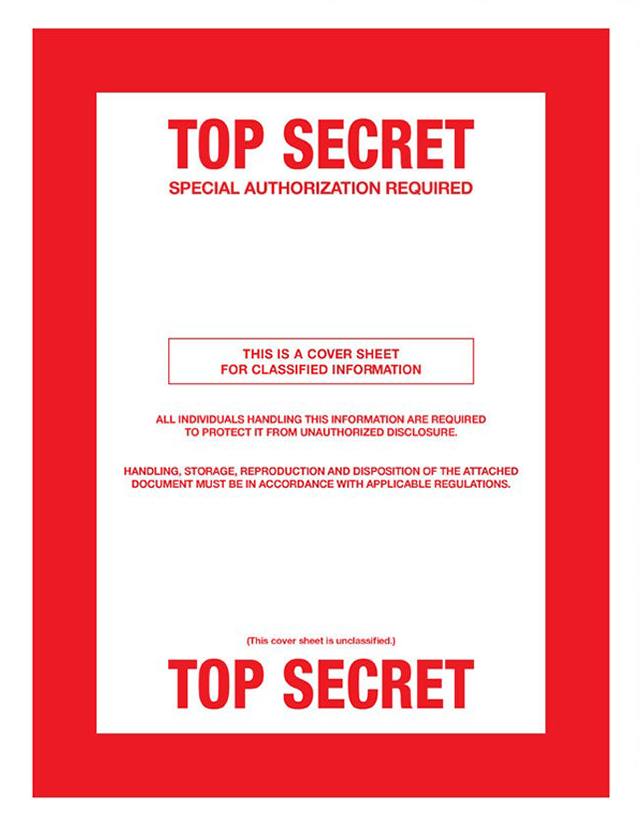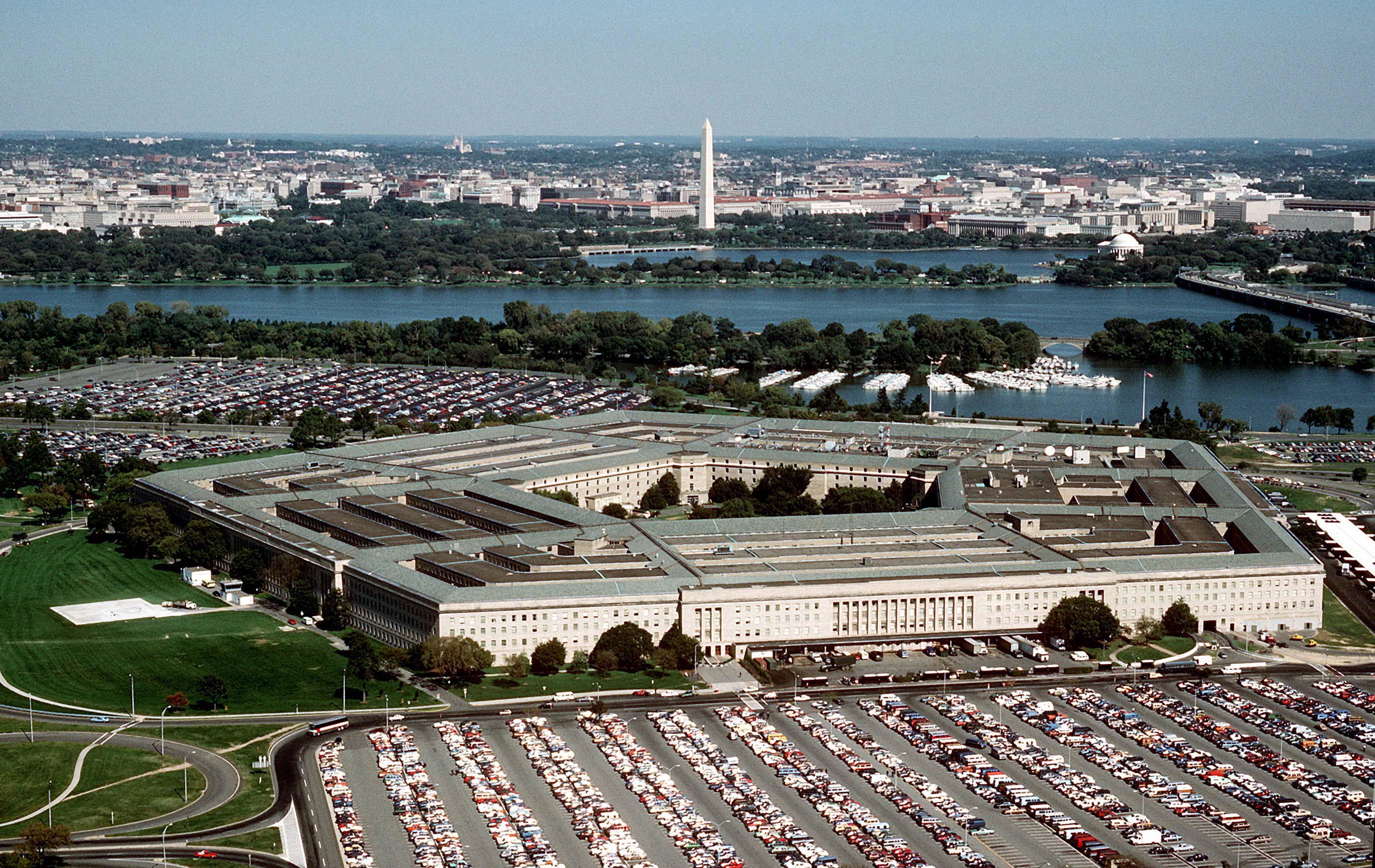"The Rules" are twenty-six ideas I've collected over the years that seemed relevant enough to life in general that I've written each down with a short story to reinforce each in particular. This is Rule Number Seventeen.
— James Albright
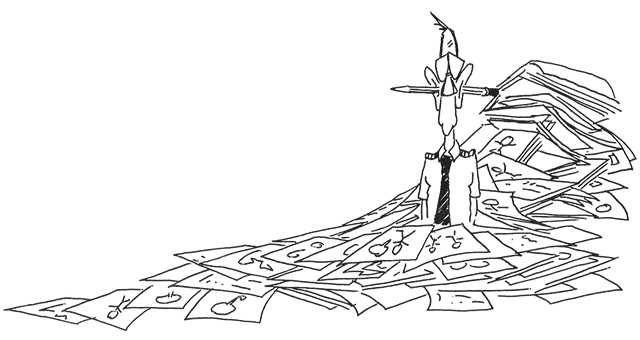
Updated:
2015-03-18
Though there are many ways to get there, I particularly liked walking to the Pentagon from Crystal City. There is a major interstate in the way so the good folks at the Department of Defense constructed a very long and ominous tunnel. It makes you feel like you walking into hell. An appropriate feeling.
I got to the Pentagon as a major already promoted to lieutenant colonel, something the Air Force calls a "lieutenant colonel select" but the Army calls a "Major Promotable." You have been promoted, but since the total number of each rank in each service is capped, you have to wait for an existing officer in that rank to retire, get promoted, get demoted, or die. I got sent to one of the two top offices at Headquarters Air Force, known as the "Air Staff." This put me in a good position. It was my first taste of bureaucracy from a high perch. It is in my nature to give others credit and to downplay my own successes. That is not how it is usually done in a bureaucracy. But this attitude works even in a cut throat environment. It is true, you can get a lot more done when you don't worry about who gets the credit.

Quote others, you get a lot more done when you don't worry about the credit.
1994
Barry Brothers
I was assigned to an office in charge of aircraft requirements. We established the budget for anything having to do with airplanes: procurement, maintenance, manning, and operating. Our boss was Colonel Bertrand "Barry" Brothers. He was a navigator going places, a rare breed. Everyone liked him and he had a good reputation in the Air Staff. I was his "number two" as a lieutenant colonel select. We also had five majors and five captains in the office. When Colonel Brothers was away, I attended the meetings with the generals on his behalf.
"Tell Major Russell his program has been approved," the two-star said at our beginning of the week meeting. "And let him know everyone in the building was impressed."
"Yes, sir," I said. I knew the idea behind the idea came from Colonel Brothers, but Tom Russell did the actual grunt work.
"Speaking of impressive," the general continued, "Barry says you may have figured a way of fixing the problem of turning old airplanes in to new at Andrews. Explain."
It was true. The workhorse airplanes at Andrews Air Force Base were thirty year old Boeing 707s which cost more to maintain than it would have to lease brand new Boeing 757s. It was a wild idea, but I thought it had promise. I wasn't aware Colonel Brothers had elevated it. But this was typical for our office. Our ideas found audiences in the Air Staff. I knew we were in rarefied air. I knew also that I had not paid my dues to be in such august company. Most of my peers came to the Pentagon at lower levels of the staff and higher levels of stress.
Heil Hartman
"The usual, Jimmy?" he asked on the phone.
"Sure, Howie," I said, throwing the phone back into its cradle. Lieutenant Colonel Select Howard "Howie" Ingram was a pilot training classmate of mine, but was in a sister flight. Having survived the year together, I recognized him immediately but never got to know him until our tours at the Pentagon. He was assigned to the budget office, our sister office at the pinnacle of the Air Staff. If you were to measure which office carried more weight, you could say either. We had the higher budget and more "face time" with senior members at the Department of Defense. But his office seemed to have a better track record where it counted: promotions and assignments. Howie preferred Howard just as I preferred James. But the informality was a game with us. We tried to have lunch together every Wednesday, but I was running late and he agreed to order for me.
"How is life at the second most important office in the Air Staff, Jimmy?" he asked as I sat down in front of the bowl of soup he got for me.
"I don't know, Howie," I said. "You tell me."
"It sucks," he said. "The only thing I ever have going for me is that at any given moment is the low point of the day, except the next moment. So I got that going for me. Heil Hartman was in rare form this morning."
As Good as Colonel Barry Brothers was as a boss, Howie's boss was bad, very bad. Colonel Harold Hartman had several natural strikes against him. First, he was an unpleasant man who sniveled obsequiously to his superiors, treated his peers with disdain, and those who worked for him as cattle. Second, his double "H" initials made his jet black, straight hair combed from a high forehead to just an inch over beady eyes evoked an inevitable nickname.
"What did the Führer do this time?" I asked.
"He has doing a cut drill targeting only a single weapon system," Howie said. "And for the heck of it, he chose the C-141."
"That's a waste of time," I said. Howie only nodded and started into his own bowl of soup. A cut drill usually came in response to a White House directive to take money from the military and apply it elsewhere in the budget. The "bill" would be in billions and each service took a portion. The Air Force would further portion out the cut between combat and airlift. Whatever we decided, the Secretary of Defense would have to approve. Cutting an entire weapon system's budget would never be approved. "I know that's the nature of Pentagon budgeting," I said. "But there has to be a better way."
"I'm working on one," Howie said. "But it is well above your pay grade."
"True," I said. Howie graduated from the Air Force Academy a week ahead of me at Purdue University. Though we started Air Force pilot training on the same day, his first day of active duty was when he was commissioned, so he was four months my senior. I would end up having to call him "sir" for six months, since he would pin on his rank that much sooner.
VC-X
"Word is you briefed SECDEF," Howie said a few months later at our less and less frequent lunchtime interludes. "We heard you did good."
"I think I did okay," I said. "But I'm not sure VC-X will ever see the light of day." I came up with the program to replace the aging Andrews fleet of Boeing 707s, once known as VC-137s, using a lease-to-buy concept called VC-X.
"Well at least you got the chance," Howie said. "Good thing you have a program nobody else understands. Otherwise, your colonel would have done the brief."
"Colonel Brothers isn't that way," I said. "He let's his people do the talking. Even when he has to do the pitch, he's pretty good about getting your name up in lights."
"Sieg Heil would never do that," Howie said. "I got a program approved by SECAF last year, he wouldn't even let me mention that on my ER." Briefing the Secretary of the Air Force was a very big deal and would look very good on an officer's effectiveness report.
"I don't understand," I said. "That makes zero sense."
"Exactly!" Howie said. "Herr Hartman said that everything I did in the office was on his behalf. That meant my program's success goes on his ER and that I only get a contributing role to his starring role."
"That's not the way it is supposed to work," I said, perhaps only stating the obvious.
Phoenix Eagle
They say nobody sane goes to the Pentagon without an eye to leaving the Pentagon. A major goes to get promoted to lieutenant colonel. Lieutenant colonels go to get a choice follow on assignment. Howie pinned on his silver oak leafs in June and I followed in November. The next hurdle for us in the Air Force airlift business was Phoenix Eagle, the command list. Every year there were an average of sixteen squadrons coming up for new commanders, and those would be chosen from the thirty-two on the Phoenix Eagle list. The list meant everything.
"You are sworn to secrecy," Howie said as he handed over a file with the standard red and white "Top Secret" cover. Most military people believe nuclear weapons garner the highest level of security at the Pentagon. Not true. That honor goes to the budget. I skimmed the two pages of single-spaced type and studied the spreadsheet carefully. Then I reread the text.
"This is genius," I said. "On the surface one might think it only resets the baseline, but in practice this should give us a billion dollars in breathing space. You need to push this now."
"I'm going to wait," Howie said. "Mein Führer is scheduled to leave in six months. I'll take my chances with the next guy."
"You need to do this for the next generation in your office," I said. "Just because your life is a smoldering wreck doesn't mean it has to be for those who replace you." Howie took the folder back and got up, signifying his visit was over. He pointed to the folder and I nodded, having been sworn to Howie Secrecy, a level above Top Secret.
All Air Force budget numbers were adjusted for inflation at three percent. The budget looked forward six years, so a 100 billion dollar per year program looks like this:
| Year | $ |
| 1 | 100,000,000 |
| 2 | 103,000,000 |
| 3 | 106,090,000 |
| 4 | 109,272,700 |
| 5 | 112,550,881 |
| 6 | 115,927,407 |
Inflation had been running higher and that only put more pressure on the budget in future years because we were automatically put in a situation where our programs would be underfunded. But even if inflation was below 3 percent, that would be less room to cut before it hurt. Howie's idea was to use the highest level of inflation in the last six years as a forecast for the next six years. But Howie was too worried Colonel Hartman would take credit for it and the idea never saw the light of day. Howie and I both got picked for command and left the Pentagon before The Führer.
Postscript
Howie and I both got nominated by the Phoenix Eagle board the next month. I got picked to command a flying squadron and left the Pentagon almost immediately. Howie got picked to command a combat support squadron, not the most desirably command but it was promotion worthy. We both retired from the Air Force five years later, after twenty years of service. Colonel Brothers was promoted to general, and went on to retire with two stars. Colonel Hartman was asked to retire from his Pentagon job. His retirement party was attended by five people.

